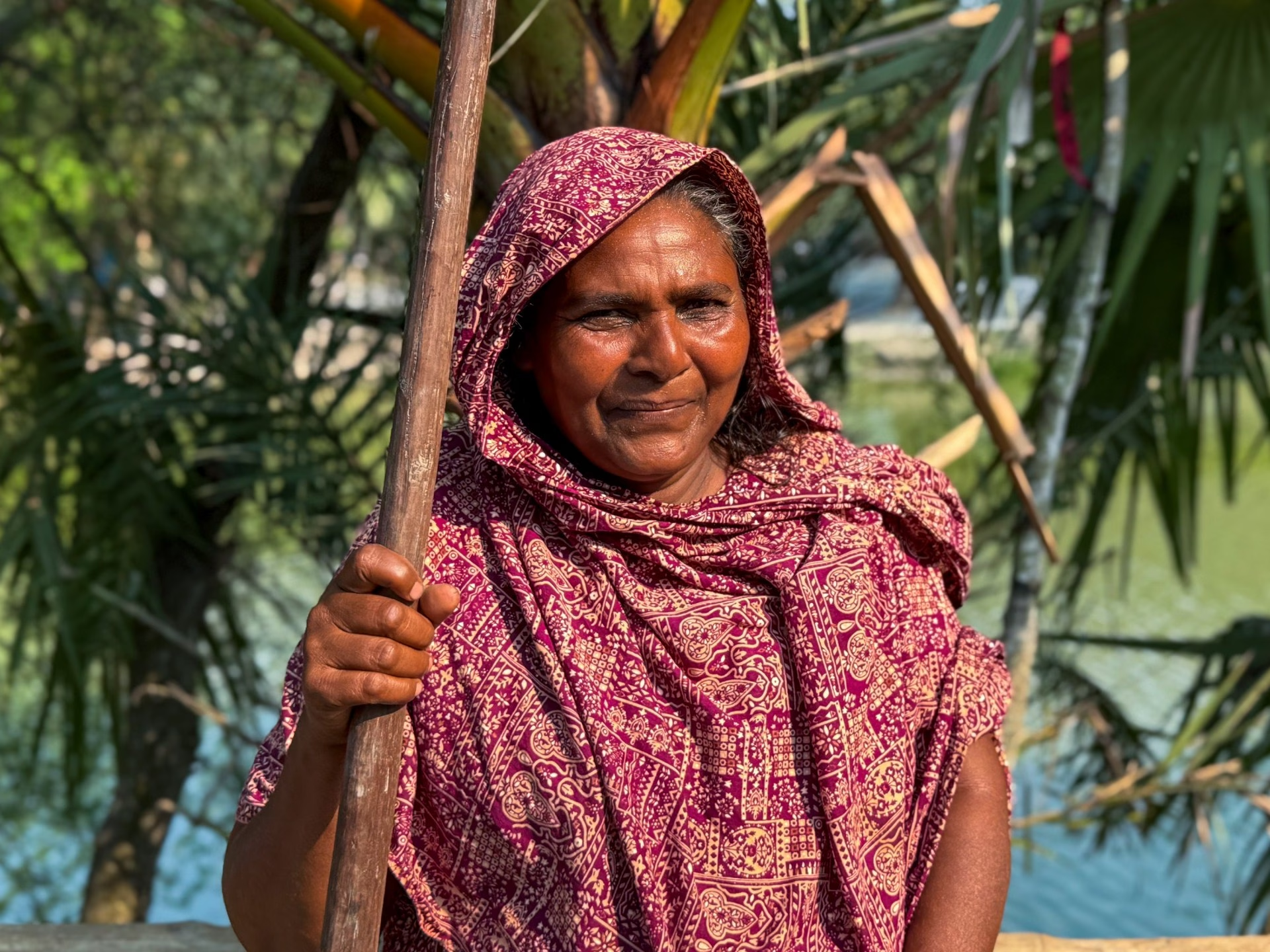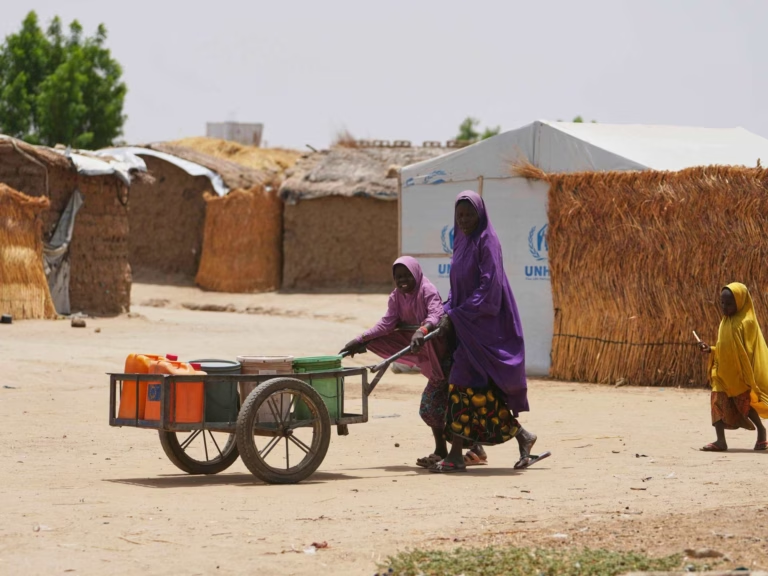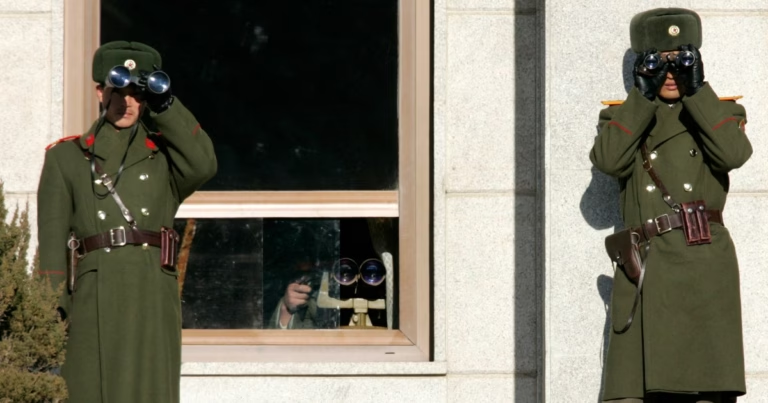Mahfuza starts her day at 5:00 AM for dawn prayer, quickly getting ready and heading out. She doesn’t have time for a proper breakfast, only managing a cup of tea or leftover fish if lucky. By the time the sun rises, she’s already on her boat, gliding on the river. When her day ends, she bathes in a pond near her house and sometimes goes for a swim for fun.
Each month, Mahfuza catches approximately five kilos of fish, keeping 1 kg for herself and her daughter Lavlu. She sells the rest and earns around 10,000 taka ($10) to survive on. The types of fish she catches depend on the season; sardines and mola carplet are available throughout the year, while shrimp and hilsa are caught in warmer months and larger fish and crabs in cooler months. Mahfuza accentuates the importance of adapting to the seasons, as falling behind would lead to difficult times.
Her earnings can vary, sometimes covering her expenses and the cost of renting her boat, which can be unpredictable. Government bans during fish breeding seasons, lasting up to five months, make it even harder for Mahfuza and Lavlu, often forcing them to borrow rice or money or go hungry. Despite this, Mahfuza emphasizes the need for the government to protect them as well.
During the monsoon season from May to October, Mahfuza risks encountering cyclones. She’s skilled at reading weather signs, relying on wind, sky color, and wave patterns to know when a storm is coming. However, the weather can change quickly, and sometimes, it’s too late to react. In such cases, Mahfuza has to stay in her boat until the storm passes.
Mahfuza has faced some of the worst storms, including Cyclone Aila in 2009, which had devastating consequences. She admits that she has to fish even when the weather isn’t ideal, as she needs to survive.
Fishing in remote waterways also poses the threat of pirate attacks, particularly for solo fishers like Mahfuza. Pirates often demand money and fish, and raids may be infrequent, but they are enough to cause fear among villagers. Mahfuza has encountered pirates firsthand, including a terrifying experience with unmasked men armed with guns. Despite their demands for money, she at the time had no choice but to fish to provide for her children.
Having been the sole provider for her children since the age of 30, Mahfuza has faced various challenges, including encounters with dangerous animals and defensive actions to protect her earnings from pirates. Despite these difficulties, she remains determined and asserts her independence, declaring that she doesn’t rely on anyone else.
Source: https://www.aljazeera.com/features/longform/2025/5/4/the-woman-braving-tigers-crocodiles-and-pirates-in-bangladeshs-mangroves?traffic_source=rss








